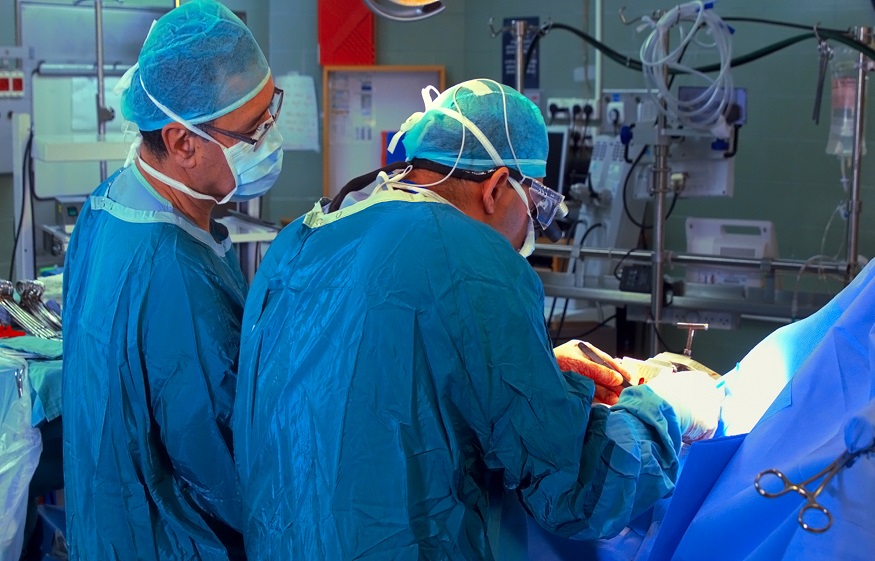You might wonder what the role of general surgery is. General surgeons use such procedures to treat diseases, repair injuries, and promote overall health and healing. They are mostly concerned with diseases and accidents affecting the abdomen, breasts, endocrine system glands, and digestive system organs. So, which are the most common general surgery procedures? Let’s find out.
What is general surgery?
General surgery is a surgical specialty that deals with the knowledge of and responsibility for the preoperative, operational, and postoperative management of patients with a wide range of disorders. It also includes those conditions that require non-operative, elective, or emergency surgical treatment. Depending on what illness category we choose to discuss, the scope and depth of this specialty may differ. General surgery typically deals with the whereabouts of abdominal contents, which include the esophagus, small intestine, stomach, large intestine, pancreas, appendix, liver, gallbladder, and bile ducts, and sometimes also the thyroid gland.
Common general surgery procedures
Before you go ahead and search for “certified general surgeon near me”, we recommend that you read about the top 3 most common general surgery procedures here:
1. GI surgery
GI (Gastrointestinal) surgery is a type of general surgery that treats problems of the digestive system. The esophagus, stomach, small intestine, big intestine, liver, gallbladder, pancreas, and rectum are all covered under this surgery stream. During a typical GI surgery, general surgeons might operate and remove a malignant or noncancerous section or a damaged internal part of the body, such as the intestine. Surgical treatment may be used to address the following gastrointestinal conditions:
- Appendicitis
- Colon cancer
- Gastrointestinal cancers
- Diverticular disease
- Gallbladder disease
- Gastroesophageal reflux disease (GERD)
- Inflammatory bowel disease
- Rectal prolapse
2. Hernia surgery
According to the US Food and Drug Administration (FDA), more than 1 million hernia repairs are performed each year in the United States, with an estimated global total of 20 million. A hernia occurs when an internal organ pushes through a gap in the muscle or tissue that keeps it in place. This usually occurs in areas of intrinsic weakness, allowing structures to flow through a hole that shouldn’t be there. The most frequent hernias that need treatment are the groin/inguinal and umbilical hernias. Hernia surgery is not required for everyone who develops a hernia. Men with groin hernias who don’t have any other symptoms don’t usually need surgery. However, with time, these hernias can develop, become uncomfortable, or even obstruct the intestine or bladder. If that happens, an operation might become mandatory.
3. Anti-reflux surgery
Acid reflux, often known as GERD or gastroesophageal reflux disease, can be treated through anti-reflux surgery. Although acid reflux is not a big health concern, it can progress to more serious problems if not treated promptly. The generation of gastric acids in the stomach can cause esophageal injury and, in some cases, esophageal cancer.
Conclusion
You may be terrified and worried if you are scheduled for surgery. If that’s the case, you are not alone. It is normal to be worried. However, much of the fear comes from a lack of awareness about what to expect from a surgical procedure. Getting as much information as possible about your illness, prescribed medicines, and expected surgical therapy is crucial in dealing with pre-operative anxiety. Knowing everything there is to know about the treatment, why you need it, and how it’s done can help you relax. Also, you can minimize your worries by consulting general surgery experts in TX. They know their trade better than anyone else. As a result, you will be in safe hands. Search the web for ‘certified general surgeon near me’ and you will get a listing featuring some of the top general surgeons in Texas.

